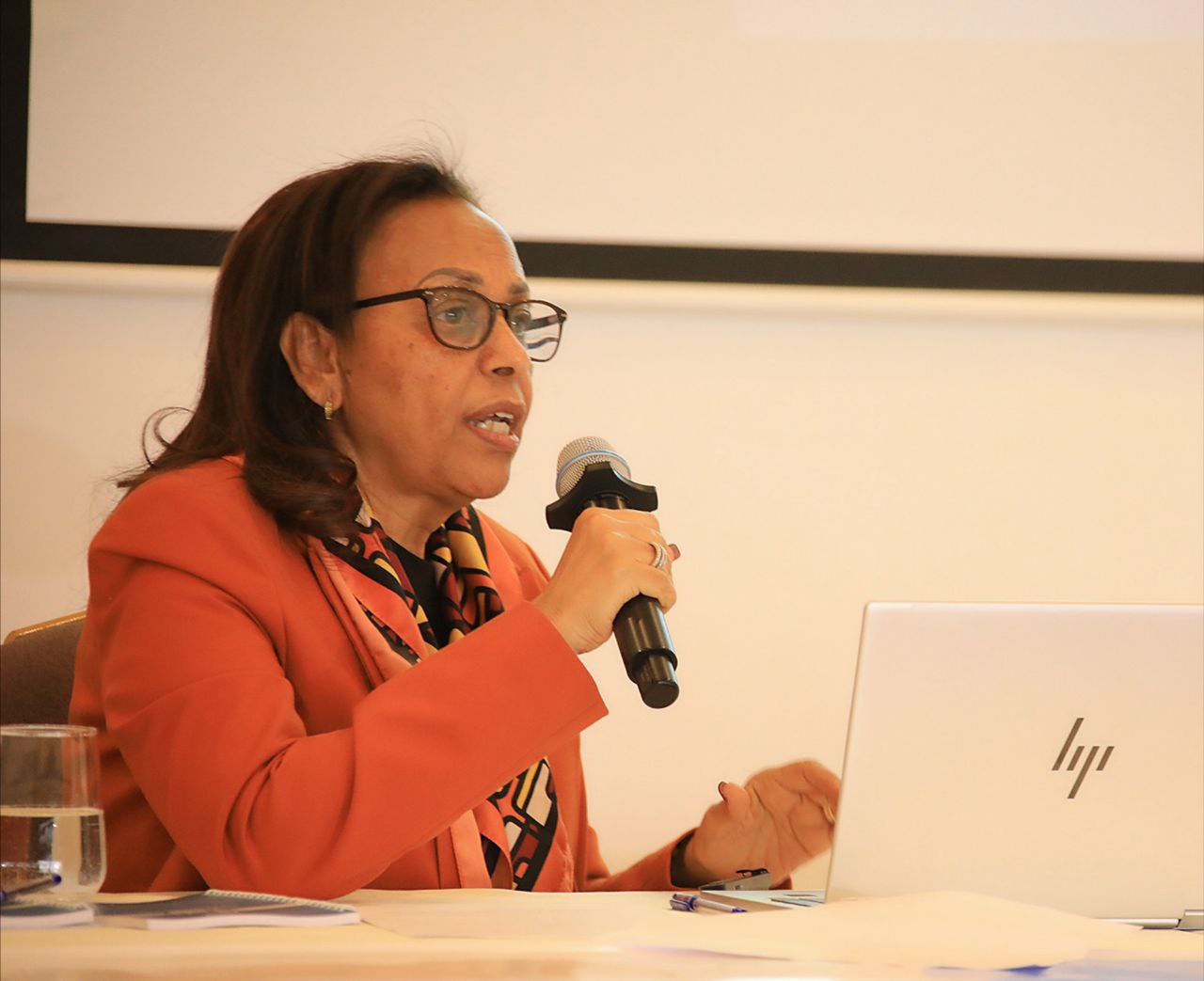
Technological Innovations to Enhance Electoral Processes in Ethiopia
In a significant move towards modernizing its democratic framework, Ethiopia has unveiled plans to conduct the upcoming seventh general election using technology-based systems. This initiative aims to enhance transparency, efficiency, and accessibility across the electoral process. The announcement was made during a joint forum of democratic institutions that report to the House of People’s Representatives (HPR), where various organizations shared their progress on reform initiatives.
The National Election Board of Ethiopia (NEBE) has taken a proactive approach in updating its operations, with NEBE Chairperson Melatework Hailu leading the discussion on the board's reform agenda. She highlighted several key advancements, emphasizing that legal, human resource, and institutional reforms are informed by lessons learned from previous elections. This strategic approach ensures that the board is better equipped to handle the complexities of the upcoming election.
One of the most notable developments is the creation of a mobile application designed to support essential electoral processes such as voter and candidate registration. This digital tool is expected to streamline procedures and reduce potential errors. However, the board has also recognized the importance of inclusivity, ensuring that the digital system will be supplemented by manual procedures. This dual approach guarantees that all citizens, regardless of their technological access, can participate in the election.
To further support the implementation of these changes, NEBE plans to expand voter education initiatives. These efforts will help both political parties and the general public understand and effectively use the new technology. A supporting proclamation has already been submitted to the HPR, signaling the board's commitment to following proper legislative procedures.
Strengthening Democratic Institutions
Alongside the electoral reforms, other key institutions have also made significant strides in enhancing their effectiveness. The Office of the Ethiopian People's Ombudsman, led by Chief Ombudsman Simegn Wubbe, has undergone substantial reforms to improve its ability to address administrative grievances. Over the past 11 months, the office has reviewed more than 2,000 complaints and issued corresponding recommendations. These actions reflect a growing emphasis on accountability and responsiveness within the government.
Meanwhile, Berhanu Adelo, Commissioner of the Ethiopian Human Rights Commission (EHRC), has shared updates on the commission's progress in promoting and protecting human rights. He announced the adoption of a digital system to aid investigative work, which is expected to enhance the efficiency and accuracy of the commission's operations. Adelo reaffirmed the commission's ongoing efforts to strengthen human rights protections, highlighting the importance of these reforms in building public trust in democratic institutions.
Ensuring Public Trust and Citizen Rights
The reforms undertaken by these institutions are not just about improving operational efficiency; they are also crucial for ensuring that citizens' rights are protected and upheld. By leveraging technology and implementing robust oversight mechanisms, Ethiopia is taking important steps toward creating a more transparent and inclusive democratic environment.
These developments underscore a broader commitment to strengthening the rule of law and fostering a culture of accountability. As the country prepares for the seventh general election, the integration of technology into the electoral process represents a significant milestone in its democratic journey. It reflects a dedication to innovation while maintaining the principles of fairness and integrity that are essential for any successful election.
Post a Comment